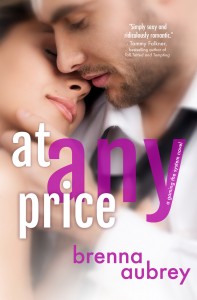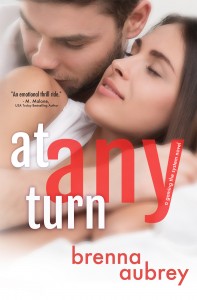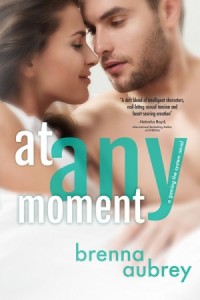 |
| Story writing weaves all the writing rules into a beautiful intricate web—Stock image by Wim van Heugten via creativemarket.com |
If high school English taught the basics of story writing, I'm pretty sure I would have enjoyed reading all the mandatory novels I dreaded every year—and I'm pretty sure my first manuscript would not look like Frankenstein.
My favourite subjects in school were (and still are) science and math. I never liked English, except the technical aspects of the subject like grammar and punctuation. Basically, anything with rules. According to all those social media quizzes that people love posting on Facebook, I have an analytical brain.
It's kind of ironic that I've decided to go into romance novel writing. But that could be the Gemini in me—I personally think that astrology can have some basis in science because that can be a nature versus nurture debate based on how the time of the year you are born can affect your brain, and in effect your personality. But I digress. Novel writing is very creative. Not that analytical minds can't be creative, but fiction writing requires your brain to come up with ideas that are not already written down.
So with my first manuscript, I went into it writing out all of my ideas for Charlotte and Max's story. Turns out that there were a lot of elements I was missing. Elements like goals, motivations, and conflicts. Hooks, turning points, and dark moments. Save the Cat! No one ever told me there were actual rules to fiction writing.
Some might say that not all the rules need to be followed for a successful book. There are lots of famous books out there that have a first chapter meeting for the hero and heroine (or H and H/h and h), a prologue (which cause most editors and agents to pass on a book), or an absent first sentence hook. But, those examples could be one-offs or authors with an established fan base.
Upon hearing about these rules, my analytical brain ate it all up. Now everything makes sense! All these elements weave an intricately logical story. Had I known this while I was reading Shakespeare, Catcher in the Rye, To Kill a Mockingbird, etc., I would have aced high school English (which was a disappointment on my report card). Those books would have made more sense to me. I also would have been more engaged in reading those books instead of dreading each and every page, and then having to rely on Coles notes to sum it all up for me, which still didn't make any sense of the book.
Now with all this information stored in my brain, I delve into my first manuscript and try to add some sense to what's shaping up to be a Frankenstein-like manuscript. I hope it's salvageable. But at least I know going into book 2, what to do.
Now back to writing . . . and editing . . .








